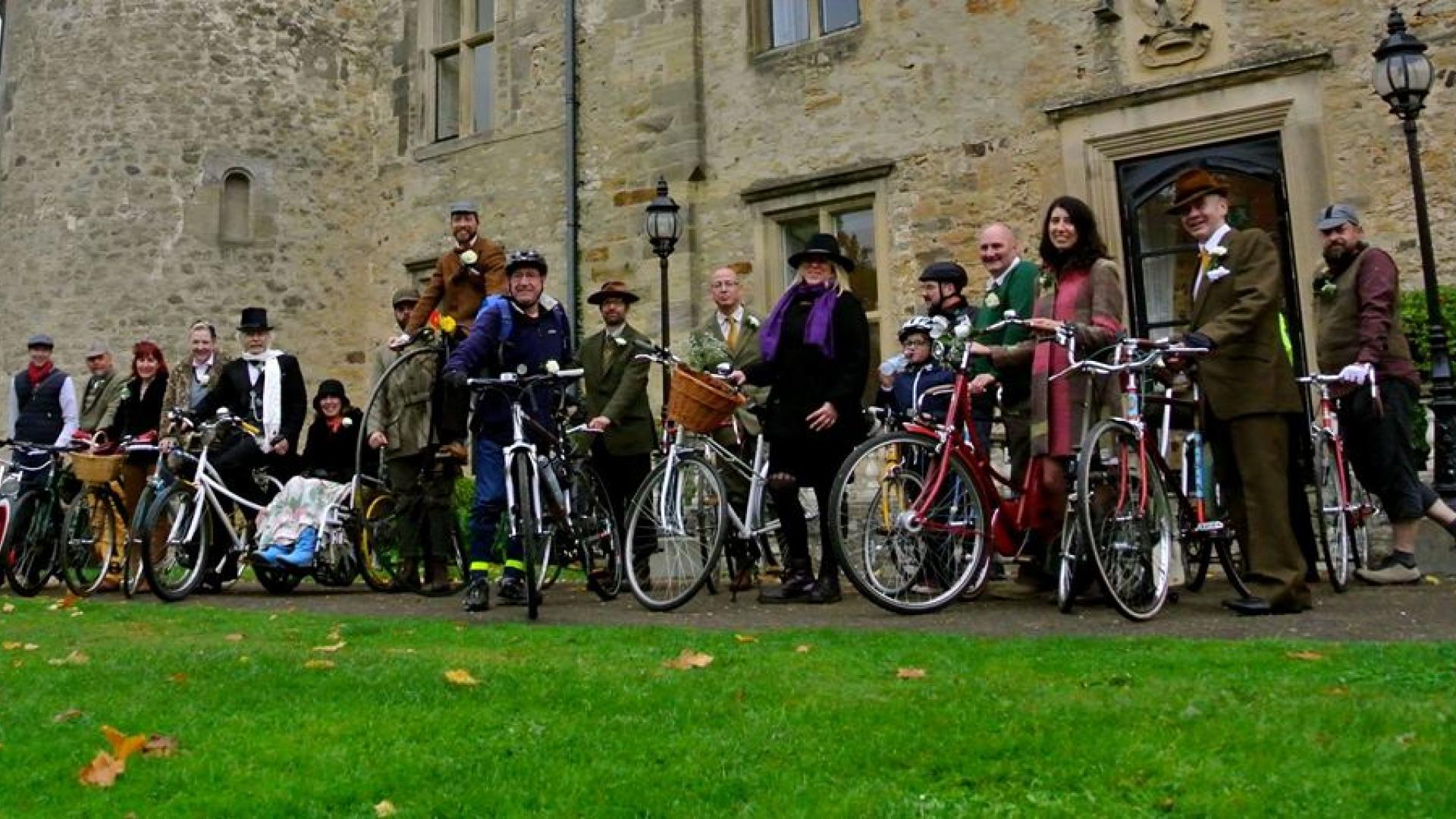Our guest blog this week is provided by Paul Stanton, CEO for Southminster Consultancy Associates and Chair of Cycle in Company. He is Visiting Professor at De Montfort University. In this blog, Paul explores the UK's changing demographic landscape, and why baby boomers should hop on a bike.
The age profile of the UK is changing rapidly. The next two decades will see the twilight of the ‘Baby Boomers’. Born in the aftermath of the second world war when the UK birthrate increased dramatically (rising, at it’s 1947 peak, to a rate 50% higher than the average for the 1930s and early 1940s) my generation is growing old together.
On average, we live longer than any of our forebears. We reached early adulthood in the late 1960s and lived through decades of - however fragile and inequitable - economic prosperity. We have travelled the world in unprecedented numbers, profited from the privatisation of national assets and cashed in on the property bubble. Many of us will enter our twilight years with scarcely diminished expectations of the quality of life we have come to expect. Significant numbers of us continue to ‘think young’ and intend to prolong, for as long as possible, activities that maintain fitness levels and promote quality of life.
Cycling, fell out of fashion in my generation but has now started to be rediscovered by us, the Baby Boomers. Cycling is no longer the exclusive preserve of the ‘bike body’ lycra-clad, now it’s an inclusive movement and, with the expansion of off-road cycling routes, it deserves all of our support. It has been a profound success so far as adults and children with learning and physical disabilities are concerned. The re-cycling of discarded bikes has helped to ensure that cycling is brought within the reach of disadvantaged individuals. The movement’s most recent challenge has been to maximise its contribution to the fitness and quality of life of Baby Boomers.
I recently took part in a ‘vintage’ bike ride. Vintage was as applicable to some of the cyclists as it was to many of the bikes and the costumes worn. The boom in electric bikes can only grow as hills, once an approachable challenge, turn into insurmountable Alps. New forms of companionable adapted bikes will hopefully be developed to respond to the needs of the increasing number of older people whose physical and/or mental frailty means that they can only enjoy cycling’s many life enhancing pleasures ‘with a little help from a friend’. Singly and collectively we should make the most of these opportunities while still we can.
As Dylan (Time Out of Mind) reminded us “shadows are falling… time is running away.” Sadly many of us will not live fully, actively and happily during the years that remain to us. My own prolific 1947 vintage reaches 75 in 2022. By then more than seven out of ten of us will suffer from one or more significant long term health conditions (LTCs) - a quarter of us will have at least two. By 2032 (when the number of 85 year olds will have increased by 100% since 2010) almost every one of us will have at least one serious health condition that will significantly impair our quality of life, our independent mobility and often our intellectual functioning. Dementia haunts my generation – a spectre of premature oblivion.
We will increasingly turn to the NHS, to Local Authority social care provision and to charities for the help and support we and our families will need. It is likely we will encounter a system that is already close to collapse under the co-incident strain of austerity driven resource constraint and of escalating demand – even before we join, in our many thousands, an ever lengthening queue for help.
As the House of Lords Committee acknowledged in 2013, “England has an inappropriate model of health and social care to cope with the ever-changing pattern of ill health of an ageing population.” Successive governments have failed to invest wisely in public services. As a result, our model of primary care is reactive and outmoded, our (admirable) hospice services are insufficient and scandalously underfunded, local authority adult social care is under siege and charities are forced to compete for ever smaller pots of public money. An army of carers are invisible, isolated, unvalued and unsupported and hospitals – that should treat the acutely ill - have become the default ‘place of safety’ for old people for whom there is no alternative end of life provision.
Even before Boomer demand kicks in, more than 50% of older people will die in a hospital bed. This is an ethical scandal and a financial catastrophe. It is neither where, nor how, Baby Boomers expected to end their days. But as ye sow …

